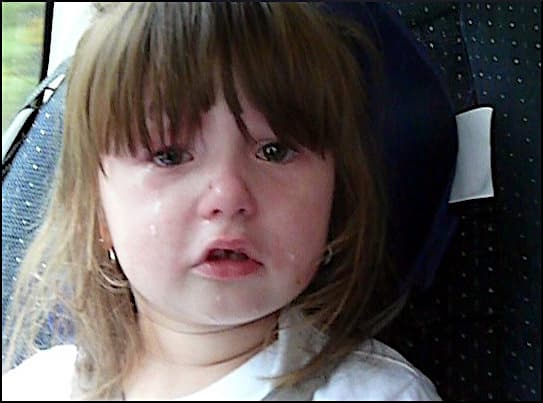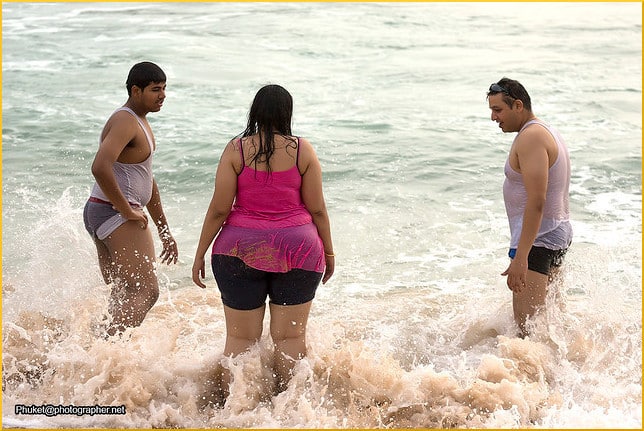More Examples of Child Removal

In South Carolina, a 14-year-old boy who weighed 555 pounds was taken from his mother’s custody in 2009, and placed in foster care. Furthermore, the mother was arrested on a charge of criminal neglect. In 2011, in Ohio, an eight-year-old boy who tipped the scales at more than 200 pounds was removed, on grounds of neglect, from his mother, to a foster home.
In Ottawa, Ontario, Canada, a father of two boys reportedly played a lot of video games and had grown cannabis in the past, and also had weighed as much as 525 pounds. He was estranged from the kids’ mother, who apparently was ineligible for custody for some reason. The kids were taken away and put up for adoption.
Journalist Carly Weeks wrote,
The story of the custody battle… raises questions about the role an individual’s weight plays in his or her ability to function, and at what point it becomes detrimental to taking care of oneself and others… Of course, the man’s weight was only one factor in the judge’s decision.
The father had never been abusive to the kids, and had a stable life except for his weight-loss effort, which had brought him down to 380. Sadly, the judge used that success against the parent, saying there would be no room for the boys, because to pay the bills he would have to take in roommates; and also noted that losing major weight is a full-time job. In consequence,
The man has told several media outlets he is being discriminated against because of his weight and that he wants to go on a hunger strike to protest the decision.
In England, the child welfare authorities ostensibly are committed to working with families first. If the situation does not improve in good time, they take more stringent measures, including removal in “extreme cases.”
In 2007, in Great Britain, an eight-year-old girl who weighed 140 pounds was taken from her family and placed “into care.” In the same year and country, a media uproar took place over Connor McCreadie.
With children as young as 10 months requiring hospital admission for obesity-related problems, the situation was becoming dire. In 2012, five kids in Britain were taken from their parents, and in 2013, another five.
In 2015, Idaho’s House of Representatives was in a tizzy over a proposed bill that sought to curtail parental rights. Many of the state’s citizens were already upset that the government usurped their fundamental right to let their children have tattoos and piercings. Now, the state hoped to forbid tanning bed sessions for 14-year-olds and younger. Even 17-year-olds would need to bring a signed permission slip.
Here is the problem. Any law of this type “substitutes the judgment of lawmakers for the judgment of parents, and suggests that their judgment is superior.” (Thanks to this robust belief, in Idaho there is no minimum age for marriage.)
Speaking of these transgressions, writer Wayne Hoffman insists that prohibition doesn’t work, and that kids still smoke and drink anyway. And, most importantly, a parent’s rights are sacred! Hoffman suggests sarcastically,
Perhaps lawmakers will next target childhood obesity — also highly deadly — and ban kids from chugging soda or eating fast food. Maybe a Big Mac should require a parent’s signed permission slip.
Your responses and feedback are welcome!
Source: “Childhood Obesity in California Custody & Visitation Disputes,” BayAreaDivorceLawyerBlog.com, 03/29/12
Source: “Child Obesity Becoming a Legal Custody Issue,” SouthUniversity.edu, May 2012
Source: “Obese Ottawa man loses custody of children,” TheGlobeAndMail.com, 06/21/12
Source: “Social workers are weighing in and taking away children from parents who give in to their cravings and feed them too much,” DailyMail.co.uk, 12/28/13
Source: “Parental rights are sacred… except when they’re not,” IdahoFreedom.org, 02/27/15
Photo credit: Belzie on Visualhunt/CC BY-ND










 FAQs and Media Requests:
FAQs and Media Requests: 











